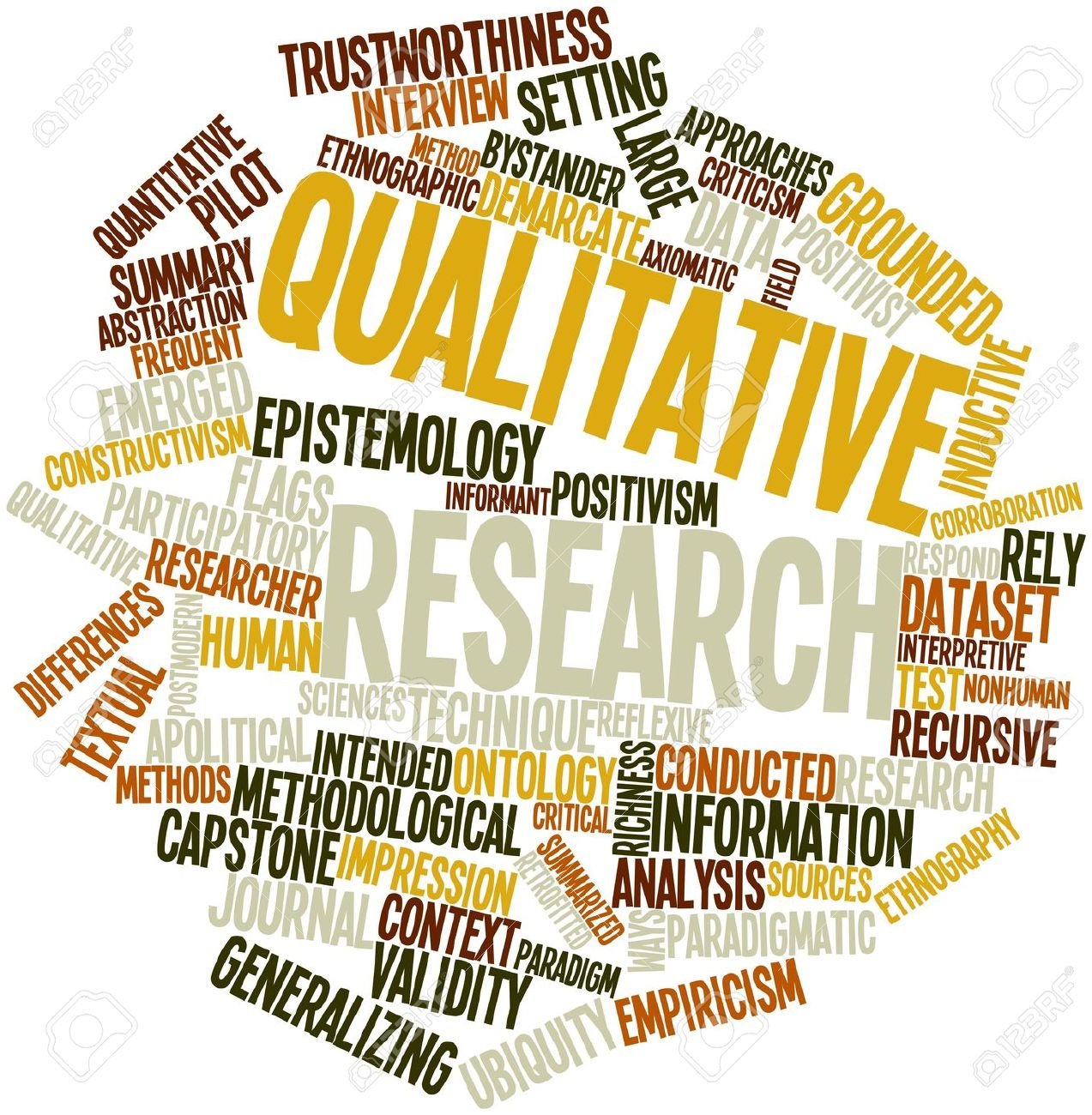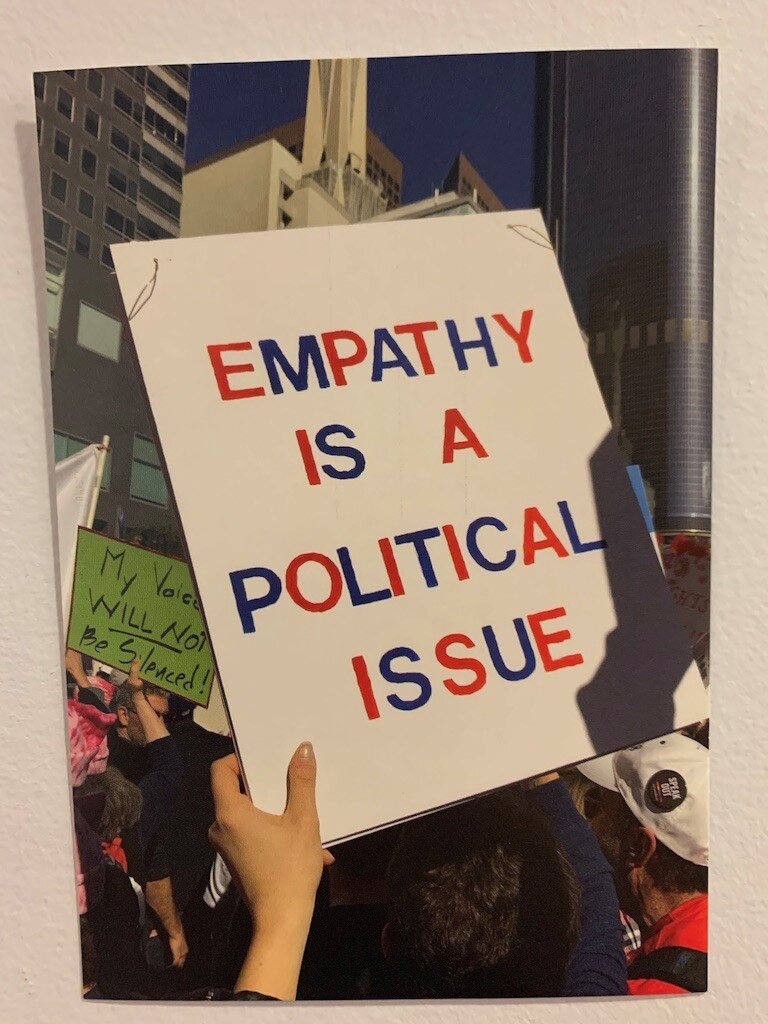Sociocultural Frameworks as a Humanizing Research Tool in contextualizing Black Male Teacher Retention
by William N. Thomas, IV
This guest post is by Dr. Thomas, who brings real-world insights to his research as a former K-12 school teacher. He shares his work in several contributions about current research dilemmas due to Covid-19 and the use of Sociocultural Conceptual Frameworks.
In the first quarter of 2021 we explored design steps. For March, the focus was on Designing an Ethical Study. We explored questions that extend beyond design of a specific study to include larger issues of social justice and the place of research in society.
The Covid-19 health pandemic has changed the landscape of American education, in particular how it relates to facilitating healthy learning in-person and integrating technology tools to accommodate virtual instruction. Like the simultaneous logistical juggling teachers and professors are experiencing in the education system, researchers are also developing and learning new ways to conduct research among a hypersensitive, racially tense health crisis. The sensitivity (and insensitivity) toward the humanity of people of color has swung the pendulum of social justice to extremes that have reminded us of our historic and systemic racist institutional intentions that have resulted in extreme educational inequities. The same considerations that educators must take in planning a culturally responsive lesson and executing an engaging student learning experience reveals similarities to the nuances that researchers have to strategically plan around when designing research methodologies.
I came to this realization that my pedagogical approach as a former K-12 public school teachers using Culturally Responsive Teaching, could also be applied in my role as a researcher who is framing an inquiry study in Critical Race Theory(Ladson-Billings, 1998). Culturally Responsive Teaching emphasizes culturally relevant teaching values, characterized by framing learning within the context, culture and perspective of ethnically diverse student populations. These same factors would be taken into consideration when framing a study to research participants and designing data gathering tools. In order to develop a methodological approach to researching the life narratives of Black Male Teachers (BMTs) that honors the knowledge and dignity of their racial experience in K-12 public education, I focused on three major phases of my research process to integrate humanizing strategies as a response to our current challenging predicament that forces us to value the humanity of all people: Inquiry Frameworks, Design of data gathering tools and Analysis which includes the interpretation of the data and how it is communicated. This series of MethodSpace posts will introduce a blueprint to developing a humanizing research methodology.
Humanizing Methodology
Humanizing Methodologies asserts the notion that historical methods of research are colonial in nature and approach (Smith, 2012). Considering the colonial experience that Black men have faced historically and presently, I felt a need to incorporate explicit humanizing tools to combat this ingrained dehumanizing mindset of viewing research participants as subjects in a social experiment. Dr. Lindsay Pérez Huber, Associate Professor in Social and Cultural Analysis of Education at California State University in Long Beach emphasizes how humanizing methodologies goes beyond ethical research expectations and extends “ to consider the sociohistorical contexts and structural oppression that mediate the experiences of marginalized groups in our research approaches and practices” (Huber, 2014).
In a recent guest lecture during an Advanced Qualitative and Case Study course at the University of Pennsylvania, I discussed how I have been able to develop a Humanizing Methodology to support my study of BMT retention. One driver for taking a humanizing methodological approach to this research is my experience applying culturally responsive teaching as a classroom teacher and school leader. My implementation of this pedagogy was unintentional but aligned with my personal stance on humanizing social interactions as a researcher.
Researcher Positionality
My current life circumstance has positioned me uniquely as both a K-12 public charter school central office leader and Doctoral student studying how alumni from my alma mater, Morehouse College, make sense of self-motivation, professional development and their experience as and with Young Males of color (YMC). I am particularly interested in how these factors impact their decision to remain a teacher in the public school system and the implications it has on recruitment, development, and the impact of Human Capital mindset on the attrition of quality BMTs in public schools.
I grew-up in an ethnically diverse home where I experienced the intersection of Filipino, Afro-Panamanian and Southern African American culture. From navigating the various paradigms of language, to learning how religious traditions were sacred, to expanding my taste through the habitual ritual of eating non-American cuisine, I was fully engrossed and influenced by my multicultural exposure growing up on military bases in California and Hawaii. My move to Texas during my formative years of middle school and high school forced me to confront the issue of race and its impact on my life trajectory. Here is where you find the origins of my Critical Race inquiry as it relates to teacher retention among current and former BMTs who graduated from Morehouse College. My racial reality as a Black Man proved to play central in my life decisions and strategic positioning for various career trajectories.
This is central in my motivation to not only promote humanizing methodologies but also apply them to impact the strings of equity that are not always influenced by practitioner researchers with my background.
This early research experience directly influenced the design of my methodology as I started to approach my research the same way I would approach my students as a teacher. However, in this case, I would have to play the role of the teacher and student, in addition to being the one generating the data that would be analyzed. Since I naturally took a culturally responsive stance toward my students, it made sense to do the same with myself as a “researcher participant”, and the other Morehouse alumni participants. Giving my students a humanizing experience as a K-12 teacher was always at the forefront of my approach to learning due to the service and community values that were implanted in me at Morehouse College. There, I was exposed to culturally relevant teaching that taught me the graphic dehumanizing history and culture toward Black people that went far beyond what I learned from my childhood books about Dr. Martin Luther King, Jr and Malcolm X. I was determined that my whichever profession I chose, that I would contribute to the rehumanization of Black people. In the next post, I will discuss Creating an inductive Sociocultural Conceptual Framework.
References
Huber, L. P. (2014). Moving Beyond Ethicality: Humanizing Research Methodologies with Undocumented Students and Communities. UndocuScholars. http://www.undocuscholars.org/research-briefs
Smith, L. T. (2012). Decolonizing Methodologies: Research and Indigenous Peoples (2nd ed.). Zed Books.





















Conditions in the world are changing, so researchers need to be responsive to participants. Find a practical, thoughtful post from Dr. Sharon Ravitch.